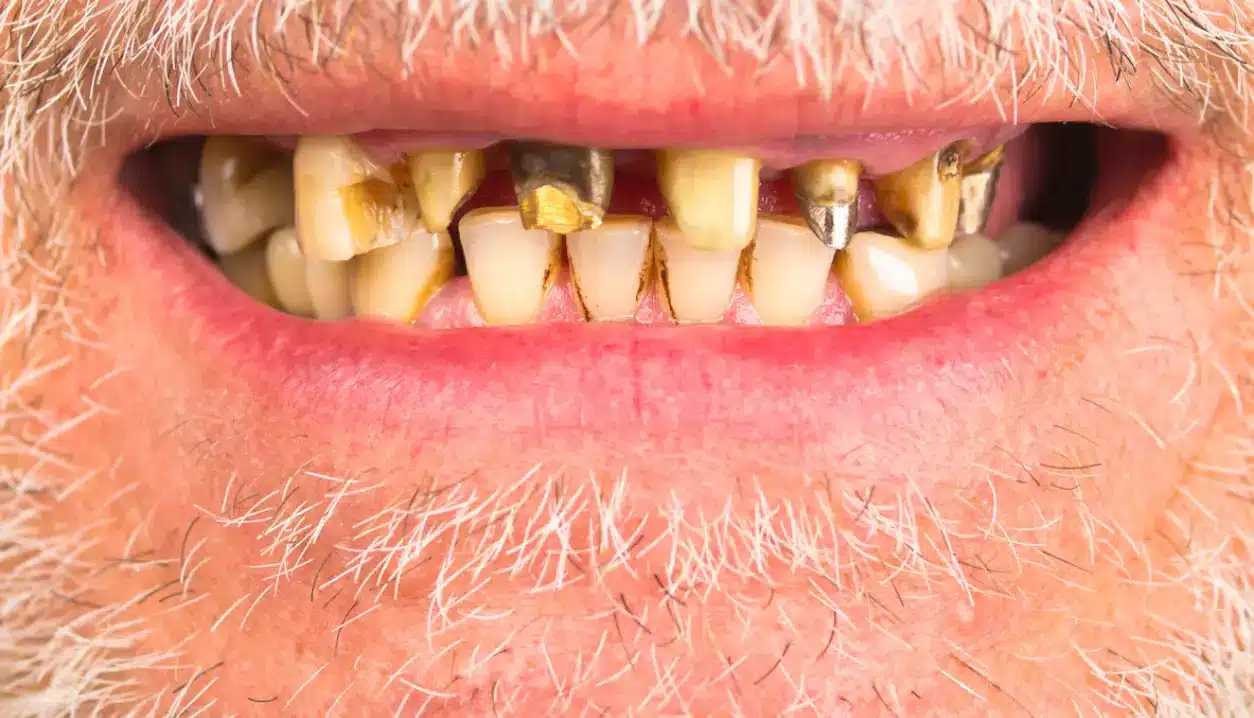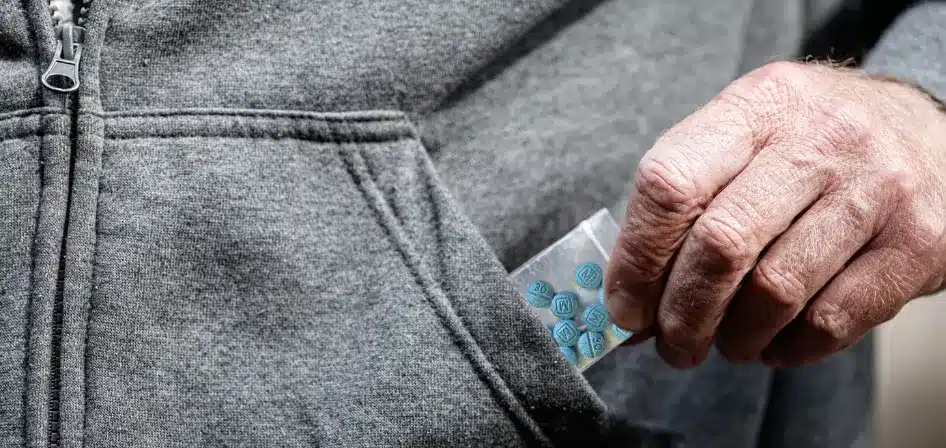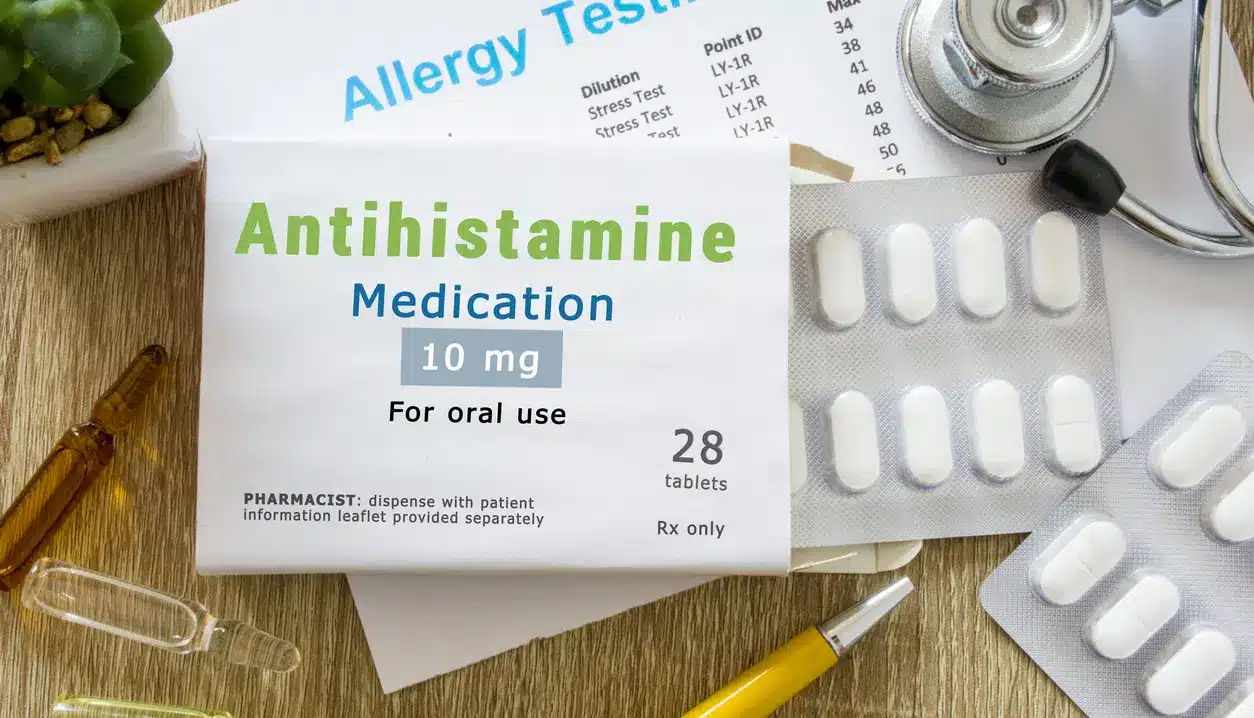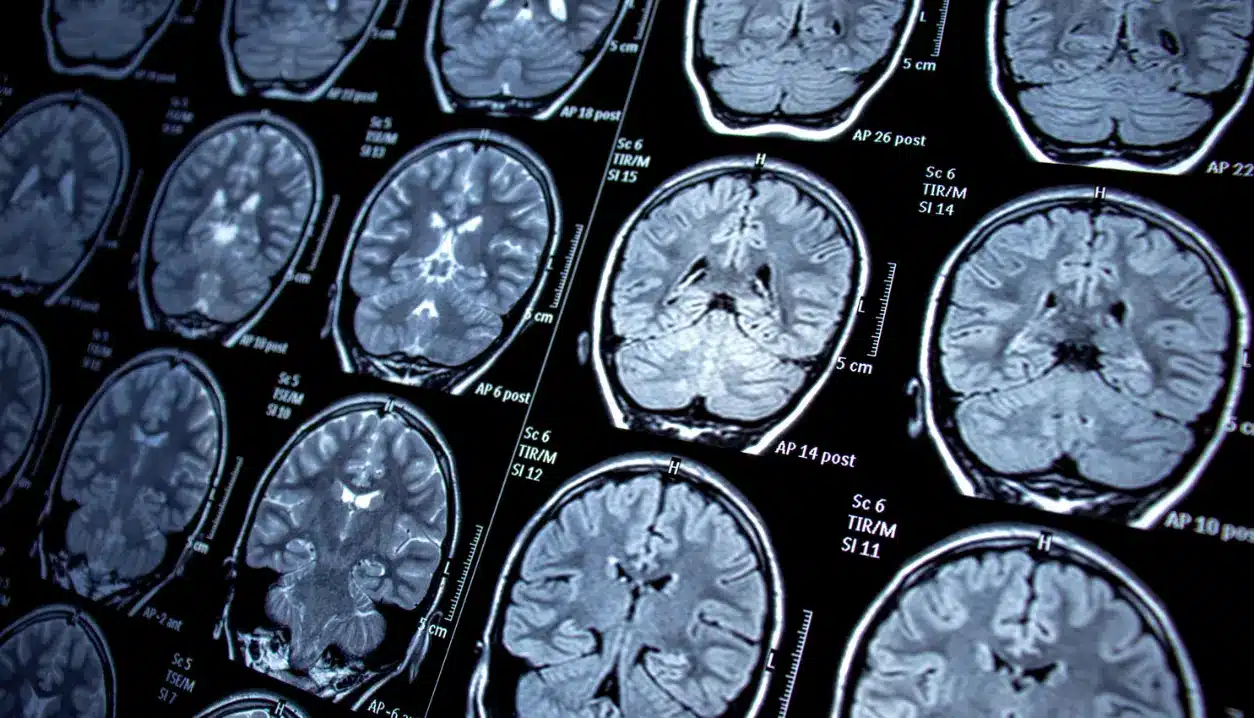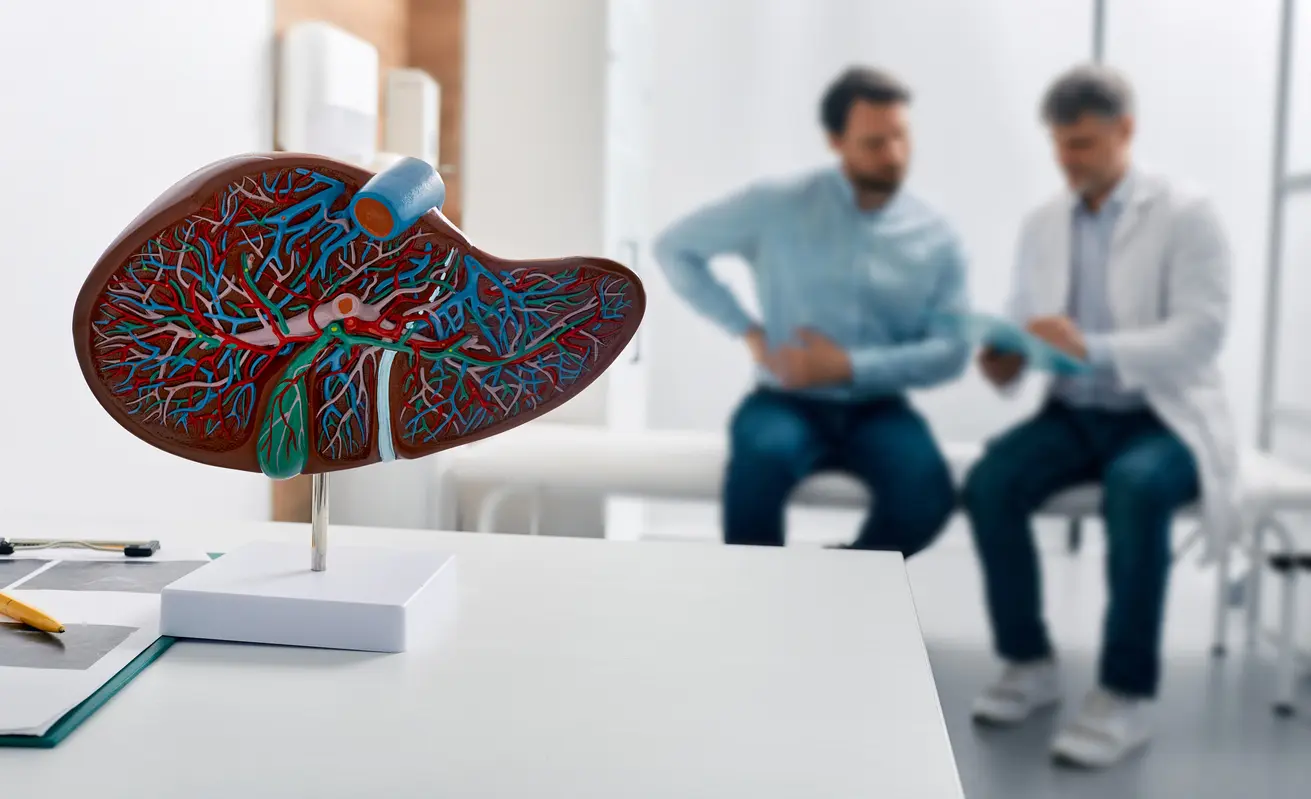Adderall Addiction Treatment
Get Help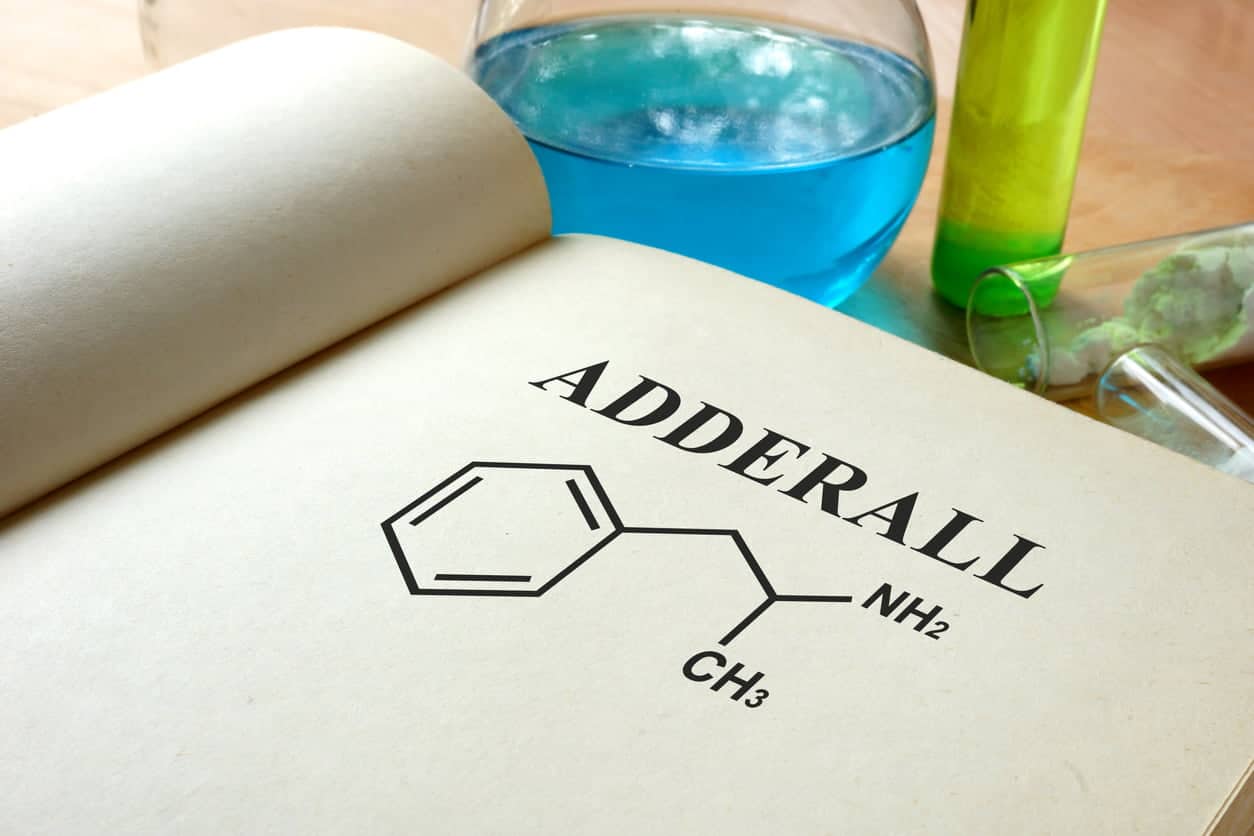
One of the fastest-growing problem areas of substance abuse is the misuse of prescription drugs. Adderall is commonly prescribed as a treatment for ADHD and narcolepsy in the US.
It is also commonly misused for its stimulant effects. As it is amphetamine-based it can produce a strong ‘buzz’, which can be more noticeable in those who do not have ADHD or are using the drug in ways other than prescribed.
Students and young professionals often use the drug to improve concentration and cognitive abilities in the short term for studying or work. Adderall and other ADHD medications can also provide an advantage in sports, leading to them being considered banned substances.
Adderall is not generally available in the UK as it is not a licensed medication in this country. It is similar in its effects to Ritalin, however, and can be found on the black market. In the UK, Adderall is a class B substance. Penalties for unlawful possession and supply can potentially be 5 years in prison and/or an unlimited fine, and up to 14 years in prison and/or an unlimited fine respectively.
Is Adderall Addictive?
Adderall is an amphetamine-based stimulant and can be addictive if misused. It is not fully understood what causes ADHD – or exactly how medications like Adderall help – but it is thought that people with ADHD may have an imbalance of dopamine and norepinephrine in the brain.
You might have heard of dopamine as the ‘feel good’ chemical while low levels of the neurotransmitter hormone norepinephrine have been linked to depression as well as ADHD.
Adderall causes the brain to release more of these chemicals, which is believed to help increase attention, concentration and the ability to focus. It can be beneficial for some people but should only ever be used as directed.
If people who are prescribed the drug use too much, it can overload the system with too many chemicals. The same goes for people using the drug who do not have ADHD, as their brain chemistry is different and (unless there is another factor) should already have higher levels of dopamine and norepinephrine. This can lead to feelings of excess energy and euphoria, which people can become psychologically hooked on.
At the same time, continued use of the drug can lead the system to become used to the chemicals it produces. When they are suddenly removed or reduced, you may experience a range of withdrawal symptoms.
This can make it difficult to stop using the drug – whether it was initially prescribed or recreational – leading the user to seek out more Adderall or alternative amphetamines and related drugs.
Symptoms of Adderall Addiction
There are certain signs and symptoms that might suggest an addiction to Adderall.
These include:
- Taking more of the drug to get the same effect
- Feeling anxious when you do not have it
- Experiencing withdrawal symptoms (see below) when you do not use the drug
- Intense cravings
- Taking risks or continuing to use the drug despite negative consequences
- Feeling agitated, having too much nervous energy
- Lack of appetite
- Irregular heartbeat
What are Common Adderall Withdrawal Symptoms?
There are a number of potential side effects from taking Adderall. These can potentially affect anyone who uses the drug but can be more likely or more dangerous when it is used recreationally or in doses other than prescribed.
Potential side effects include:
- Rise in blood pressure and blood sugar
- Fast breathing and heart rate
- Muscle pain and weakness
- Tremors and restlessness
- Intense anger
- Psychosis (believing, seeing, or hearing things that aren’t real)
Withdrawal symptoms can occur when people who are dependent on the drug suddenly stop or drastically reduce their use of it.
These can vary from person to person depending on the duration and heaviness of usage and other factors and circumstances.
Some recognised Adderall withdrawal symptoms, however, could include:
- Restlessness
- Insomnia
- Weight loss
- Fast heart rate
- Dizziness
- Fatigue
- Seizures
- Panic attacks
- Blurred vision
- High blood pressure
- Paranoia
- Dry mouth
- Suicidal thoughts
- Depression
Treatment for Adderall Addiction
If you have an addiction to Adderall or any amphetamine-based stimulant, it is not advised that you suddenly stop taking the drug without first seeking expert advice. The withdrawal symptoms could potentially be dangerous, which is why it is always better to come off the drug in a controlled and supervised manner.
Your GP or other clinicians may advise a stepped reduction in using the drug – although this is more applicable to people using the drug on prescription outside the UK.
There are tried and tested, evidence-based ways to treat any kind of addiction, however, including prescription drugs like Adderall.
The NHS offers community or outpatient-based drug and alcohol services, which can be valuable, especially for less severe substance abuse issues. For more severe addictions, you might want to consider an inpatient rehab programme as this has a number of benefits over the alternatives.
For a start, you will be in a safe and secure environment where you can really focus on your recovery, away from the triggers, temptations and stresses of your everyday life. Crucially, you will be able to undergo a supervised detox with access to medical care where needed and expert support to get through this challenging time.
Detox is the time during and after your body expels the drugs already in your system and is when you may start to experience physical and psychological withdrawal symptoms.
You will also undergo a holistic programme of therapies and other treatments aimed at addressing the psychological aspects of addiction and providing you with the knowledge and tools you need to remain free from drugs after you leave.
Contact Ocean Recovery
If you believe you or a loved one may have a problem with Adderall or any other substance, it always pays to get help as soon as you can. Contact Ocean Recovery today for free, confidential advice and to find out how we can help you move forward into a more positive drug-free future.
John Gillen
- Author
- Last updated: March 15, 2023
John is one UK’s leading professionals in the addiction recovery industry. Pioneering new treatment techniques such as NAD+ and ongoing research into new therapy techniques such as systematic laser therapy, John is committed to providing the very best treatment for people throughout the UK and Europe. During his extremely busy schedule, John likes to regularly update our blog section with the latest news and trends in the industry to keep visitors to our site as well informed as possible on everything related to addiction treatment.
Request A Callback
Enter your phone number and a member of our team will call you back to discuss your recovery.
Contact Us
For more information please get in touch using the information below
Call: 01253 847 553 Send us a messageDownload Our Brochure
For more information about the addiction services that Ocean Recovery offer, download our brochure.
Download our brochureDo I need help?
A lot of people are unsure if there are suffering from addiction. Take these tests to find out if its effecting you without your knowledge.
Select your test and find out more
Our Centre
Rehab In Northern England

Google Reviews
4
Tel: 01923 369161
Email: info@oceanrecoverycentre.com
Address: 94 Queen's Promenade, Blackpool, FY2 9NS
View CentreOur Partnering Centres
Rehab in Scotland

Google Reviews
5
Tel: 01475 303998
Email: info@novarecovery.com
Address: 10-12 Scott St, Largs, North Ayrshire, KA30 9NU
View CentreRehab in Greater London

Google Reviews
4.5
Tel: 01923 369 161
Email: info@cassioburycourt.com
Address: Cassiobury Court, Richmond Drive, Watford, Herts, WD17 3BH
View CentreRehab in the Midlands

Google Reviews
4.5
Tel: 01908 489 421
Email: info@asanalodge.com
Address: 48 Moorend Rd, Yardley Gobion, Towcester, NN12 7UF
View CentreOur Blogs

How to Commit to Sobriety
If you are suffering from alcohol addiction or substance misuse issues, it can be very difficult to overcome. Sobering up in the first place can be a major challenge, but recovery is not a single step – it is an ongoing process. Committing to sobriety means making a serious and continuing effort to stay away

Life After Addiction: How to Cope With Survivor’s Guilt
Recovering from addiction is a very personal journey, but something many share is a sense of achievement and renewal. On the other side of the coin, for many individuals who have walked this path, the joy of recovery can be accompanied by an unexpected emotional burden – survivor’s guilt. And this feeling (which is commonly

What Does Ketamine Do to Your Bladder?
Ketamine, in the context of recreational drug abuse, can have severe effects on our bodies – with one of the major organs impacted being the bladder. But what does ketamine do to your bladder? And why is it so serious? Find out the answer to this question and more below. What Is Ketamine? Ketamine is

The Link Between Alcohol and Chest Pain
The UK is known for its drinking culture, and many people use alcohol – often to excess. It’s estimated that 24% of adults in England and Scotland regularly drink over the Chief Medical Officer’s low-risk guidelines, while 27% of drinkers in Great Britain binge drink on their heaviest drinking days. Alcohol is linked to a

Methamphetamine Mouth: Signs, Causes & Risk Factors
The UK and USA are two of the biggest drug-taking nations in the world. Both countries have problems with drug addiction among the population and indulge in similar substances such as cocaine, opiates and meth. Although meth use isn’t as common here in the UK when compared to the US, tens of thousands still use

Are Fentanyl Deaths Rising in the UK?
There has been significant concern that the number of fentanyl-related deaths in the UK has recently been on the rise. In this article, we assess whether fentanyl is a widely used drug in the UK and how many people have died as a direct result of fentanyl use. What is Fentanyl? Fentanyl is a powerful

Can You Get Addicted to Antihistamines?
Antihistamines are medications commonly used to treat the symptoms of allergies, including hay fever, conjunctivitis, hives and reactions to insect bites and stings. They also have a number of other legitimate uses, such as treating nausea and sickness, motion sickness and insomnia. They can also be misused, particularly in forms that can make you feel

What is Wet Brain?
Alcohol abuse can lead to numerous health problems, and sadly, some of them can be severe and life-threatening. One of those conditions is known as “wet brain,” an informal term for Wernicke-Korsakoff Syndrome (WKS). This syndrome is a serious brain disorder, which is caused by a deficiency of thiamine (vitamin B1), and it’s often linked

Alcohol and Panic Attacks: Is There a Link?
When we drink alcohol, it can definitely cause some feelings of anxiety. But can they cause something more significant, like a panic attack? This question is one that many want an answer to as they work on understanding their personal relationships with alcohol and mental health. This blog explores whether there is a genuine link

How to Repair a Damaged Liver from Alcohol
.The liver, one of the body’s most vital organs, plays an essential role in processing nutrients, filtering toxins, and supporting overall health. Unfortunately, excessive alcohol consumption can severely damage this important organ. Understanding the impact of alcohol on the liver and recognising the signs of damage are the first steps towards recovery. This article explores





